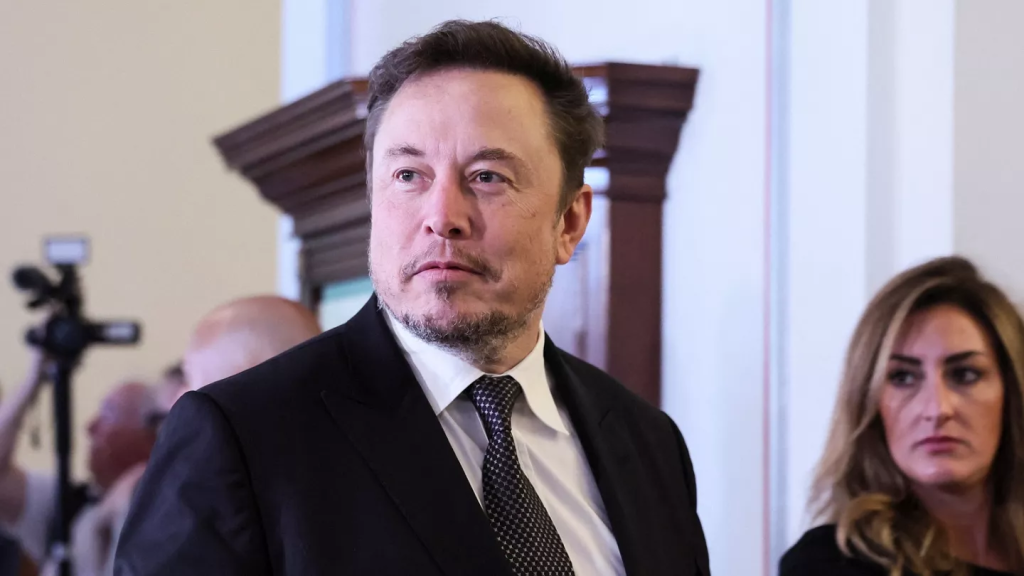In a landmark gathering on Capitol Hill, Tesla CEO Elon Musk, Meta Platforms CEO Mark Zuckerberg, and Alphabet CEO Sundar Pichai joined forces with over 60 senators to discuss the imperative need for regulation in the realm of artificial intelligence (AI). The closed-door forum convened to address the burgeoning challenges posed by AI, a technology that has witnessed exponential growth in investment and consumer popularity since the advent of OpenAI’s ChatGPT chatbot.
Elon Musk, a well-known proponent of AI safety, has categorically called for the appointment of a “referee” in the field of AI. He said that it is essential to ensure the appropriate and secure deployment of AI technology and compared this regulator’s job to that of a sports referee. Musk underlined that this kind of control will guarantee that AI-driven decisions are made in the public’s best interests.

Musk emphasized the AI’s dual nature throughout the discussion, calling it a “double-edged sword.” He voiced the opinion that the gathering was a “service to humanity” and might have an impact on how civilization develops in the future. In order to foster innovation while putting safeguards in place, Mark Zuckerberg underlined the significance of legislative engagement with AI. He emphasized the crucial role played by the government in maintaining vital equities and urged American businesses to establish the standards alongside the government.
Although there was a unanimous agreement among lawmakers about the necessity of AI regulation, the path forward remained uncertain. Senator Mike Rounds pointed out that crafting legislation would take time, emphasizing that they were not yet ready to draft laws. Senator Cory Booker concurred, acknowledging the complexity of formulating legislation in this evolving technological landscape.
The key concerns driving the call for AI regulation include combating deepfakes, addressing election interference, and securing critical infrastructure against potential attacks. Senate Majority Leader Chuck Schumer stressed the significance of congressional involvement in AI policy-making to maximize its benefits and minimize risks.

This week, Congress is dedicating substantial attention to AI, with three separate hearings on the agenda. Microsoft President Brad Smith advocated for incorporating safety brakes in AI systems responsible for managing critical infrastructure. However, not all senators were entirely supportive, with Senator Josh Hawley questioning the motives behind the closed-door session.
The global regulatory landscape for AI is rapidly evolving, with efforts to establish rules for generative AI, capable of producing indistinguishable text and images. Additionally, companies, including Adobe, IBM, and Nvidia, have pledged their commitment to President Joe Biden’s voluntary AI initiatives, focusing on responsible AI use. The United States government is also actively working on an AI executive order.
In essence, the meeting on Capitol Hill represents a pivotal moment in the journey toward regulating AI, marking a concerted effort by lawmakers, tech giants, and stakeholders to ensure the responsible and secure development of this transformative technology. The road ahead may be fraught with complexities, but the commitment to creating a robust regulatory framework is undeniable.


